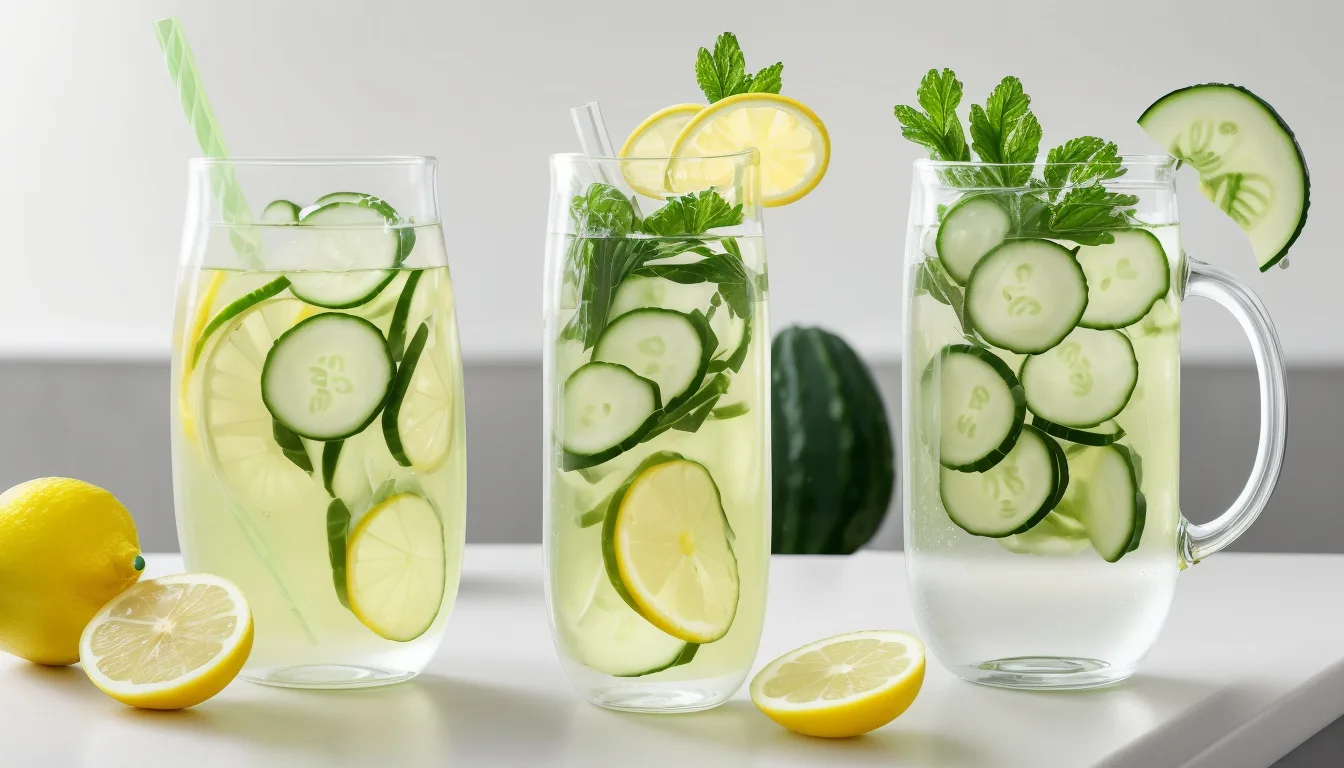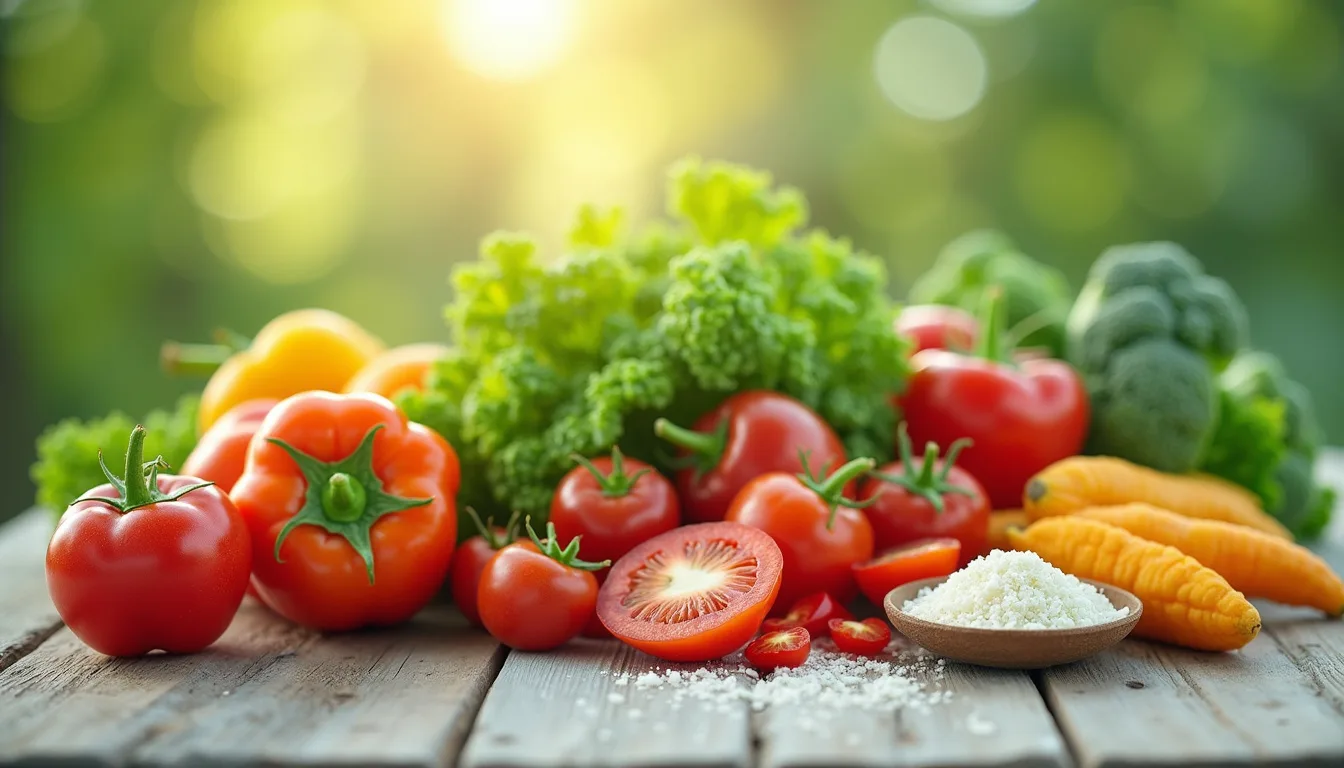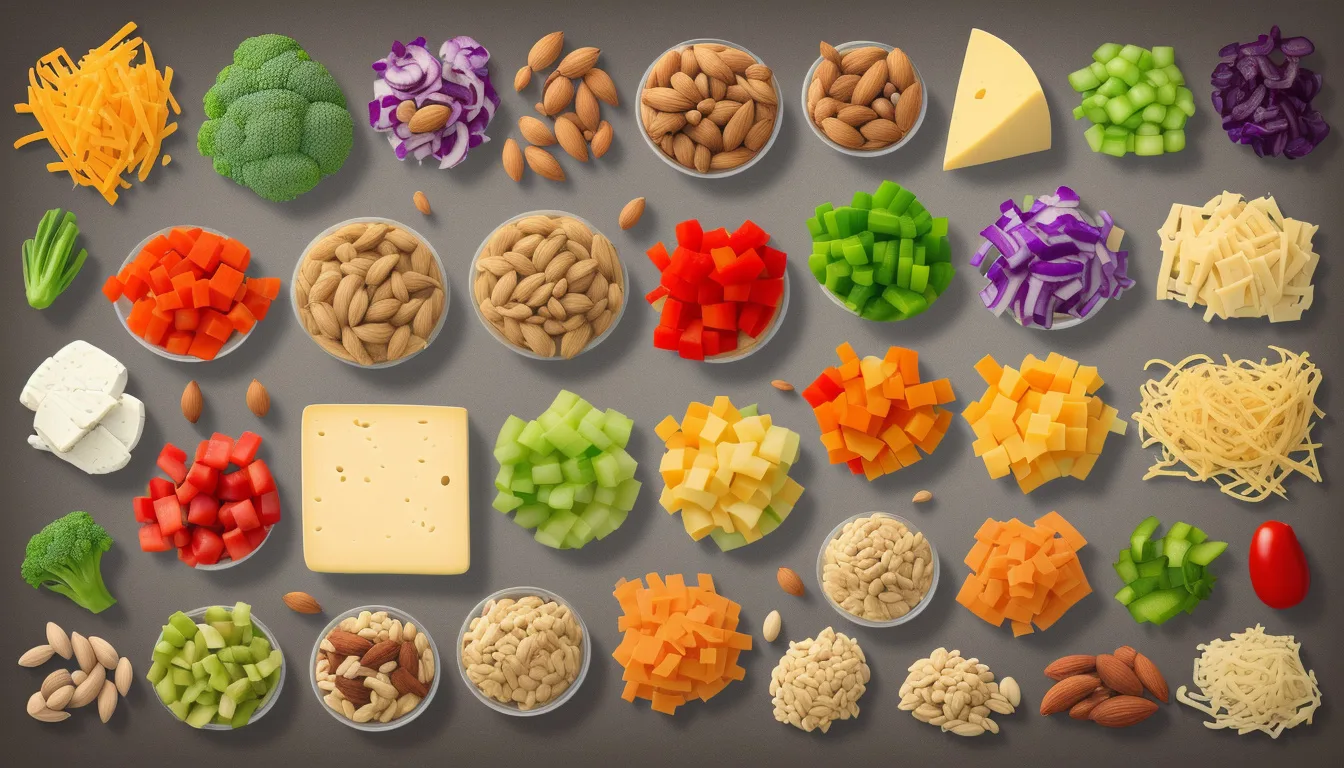
Embarking on a low carb lifestyle brings rewards for energy, weight, and overall well-being. One part that often gets ignored is proper low carb hydration. Staying well-hydrated in a low carb state matters because water helps your body work well. In this article, we look at why water matters on a low carb diet and share real tips to keep you hydrated, boost energy, and help with weight loss.
Why Low Carb Hydration Matters
When you start a low carb diet, your body changes. These changes make you need more water and salts. Carbs hold water in your body. For each gram of stored glycogen, you keep 3-4 grams of water. When you cut back on carbs, you lose glycogen, and with it, the water goes fast. This loss can cause tiredness, headaches, and dizziness.
A low carb diet also makes your body push out sodium and other salts through urine. This can mix up your salt levels and hurt your hydration. Without enough water and salt, you may get muscle cramps, feel weak, or drop in energy. This can slow your weight loss and make the low carb life feel hard.
That is why nailing low carb hydration matters. Drinking the right amount of water helps your body work, aids digestion, and keeps you energetic as it burns fat.
How to Stay Hydrated on a Low Carb Diet
1. Drink Water; Do Not Overdo It
Water stands as the base for hydration. Aim for 8-10 glasses (or 2 to 2.5 liters) each day. In the first phase of low carb dieting, waters exits from your body can be fast. Heed your thirst and add more if you face headaches or tiredness.
Be careful not to drink too much. Overdrinking can thin out your salts and mix up their levels. It is best to balance water with salt intake.
2. Replace Salts Thoughtfully
On a low carb diet, keeping your salt levels right matters. The key salts are:
- Sodium
- Potassium
- Magnesium
When you lose these salts, move to get them back from food or supplements:
- Put a pinch of good salt (like Himalayan pink salt) in your water or meals for sodium.
- Choose foods rich in potassium that suit a low carb plan such as avocado, spinach, and salmon.
- Eat magnesium sources such as pumpkin seeds, almonds, and green leaves.
3. Try Bone Broth and Salt Drinks
Bone broth stands as a fine source of low carb hydration. It also supplies salts, collagen, and amino acids. A cup daily helps keep water and salt levels in check.

You may also use sugar-free drinks mixed with salts that work with a low carb plan. Stay away from drinks with high sugar or fake ingredients, as they can slow down weight loss.
4. Check Your Caffeine and Alcohol
Caffeine and alcohol work against hydration. A small cup of coffee or tea is fine, but excess caffeine can make you pee more and lose salts.
Alcohol makes you pee more too. It may hurt your water and energy. Keep this in mind or drink extra water if you choose these beverages.
5. Eat Foods That Hydrate
Add low carb vegetables with high water content into your dishes. Try these:
- Cucumbers
- Celery
- Zucchini
- Leafy greens
They add to your water intake and give you useful nutrients for hydration.
Signs You Are Not Hydrated Enough on a Low Carb Diet
Not being well-hydrated shows in clear ways. Watch out for:
- Tiredness or slow thought
- Headaches
- Muscle cramps or weakness
- Dark yellow urine
- Dry mouth or lips
- Dizziness when you stand
If you see these signs, boost your water and salt intake. Reassess your water habits.
A Simple Daily Low Carb Hydration Checklist
Here is a daily list to help:
- Drink 8-10 glasses of plain water or herbal tea.
- Add a pinch of good salt to at least two meals or drinks.
- Eat low carb foods rich in potassium and magnesium.
- Enjoy a cup of bone broth or a salt drink.
- Watch your intake of caffeine and alcohol.
- Snack on low carb, water-rich vegetables.
- Check your urine color as a quick test (aim for light yellow).
FAQ About Low Carb Hydration
Q1: How much water should I drink on a low carb diet?
A: Aim for 2 to 2.5 liters each day. Increase this if you notice signs of dehydration, especially in the early weeks.
Q2: Can I use salt drinks on a low carb plan?
A: Yes, use sugar-free, low carb salt drinks or make your own with water, a pinch of salt, and some lemon.
Q3: Which low carb foods help with hydration?
A: Foods that add water and salts include cucumbers, avocados, spinach, and bone broth.
The Science Behind Low Carb Hydration and Energy
Studies show that water intake plays a big role in how well you use energy. A lack of water can hurt both body movement and mental work. Keeping water and salt levels right on a low carb diet can help your cells burn fat and produce energy.
Conclusion: Commit to Low Carb Hydration for Better Energy and Weight Loss
Following a low carb diet needs more than cutting carbs; it also needs a smart water plan. By focusing on low carb hydration, you can cut down tiredness, keep salts in balance, stay active, and help your body burn fat faster.
Start putting these water tips to use today. Drink enough water, replace salts well, use bone broth, and eat vegetables that hydrate. Your body will thank you with more energy and better fat burning.
Ready to boost your low carb journey? Begin your water plan now and feel all the good results of low carb living!
[center]Always consult with your doctor prior to making drastic diet changes.[/center]
[center]As an Amazon Affiliate, Savvy Keto makes a small commision (at no extra cost to you) on any purchases you make thru affiliated links you click on.[/center]




